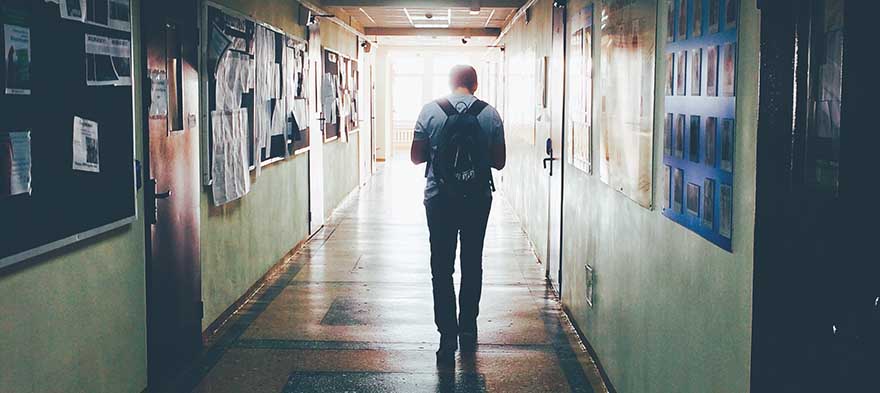
Rural schools face particular difficulty in recruiting and retaining teachers and principals. Rural schools continue to lag behind others in internet access, and rural high schools are not able to provide advanced coursework such as AP and IB classes in the way more urban and suburban areas do. Research on rural education has, at times, been underfunded or not encouraged. And, overall, rural areas have experienced shrinking tax bases, shifting local economies, and brain drain among young people who move to more urban areas after high school graduation.These are real and long-lasting issues that are affecting our children, but I’m worried that we’re not taking them into consideration the way we should be. For those of us who work or teach in rural areas like mine here in Kentucky, we know these things to be true because we have witnessed it firsthand. Granted, I don’t mean for this to take away from our efforts at reforming urban schools, because their needs are important and unique. As an advocate for better schools, I’ll support any honest effort to help students achieve and have opportunities to be successful—but as a rural teacher, I just want those efforts to include my students, too.
Garris Stroud is an award-winning educator and writer from Greenville, Kentucky whose advocacy and scholarship have been recognized by USA Today, U.S. News and World Report, Education Post, The Louisville Courier-Journal, and The Lexington Herald-Leader. He served as a Hope Street Group Kentucky State Teacher Fellow from 2017-2019 and became chair of the organization’s editorial board in 2018. Stroud received bachelor’s and master’s degrees in education from Murray State University and is currently a doctoral student in educational leadership at the University of the Cumberlands, located in the heart of Kentucky’s Appalachian region. Read more about his work on the Kentucky School Talk and Rural Ed Voices blogs.
The fight for educational equity has never been just about schools. The real North Star for this work is providing opportunities for each child to thrive into adulthood. This means that our advocacy...
Your donation will support the work we do at brightbeam to shine a light on the voices who challenge decision makers to provide the learning opportunities all children need to thrive.
Ed Post is the flagship website platform of brightbeam, a 501(c3) network of education activists and influencers demanding a better education and a brighter future for every child.
© 2020–2024 brightbeam. All rights reserved.